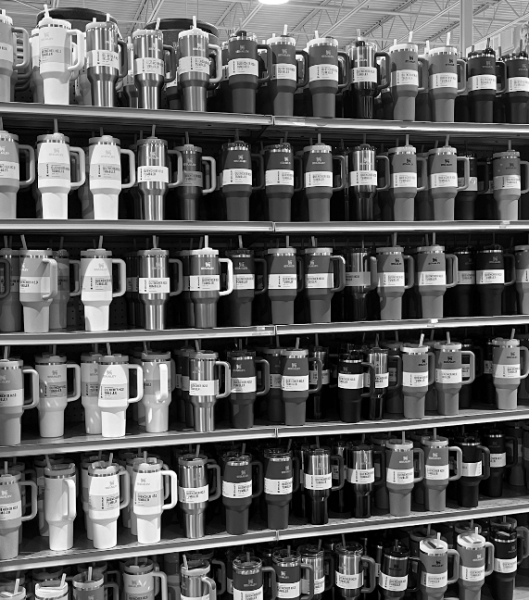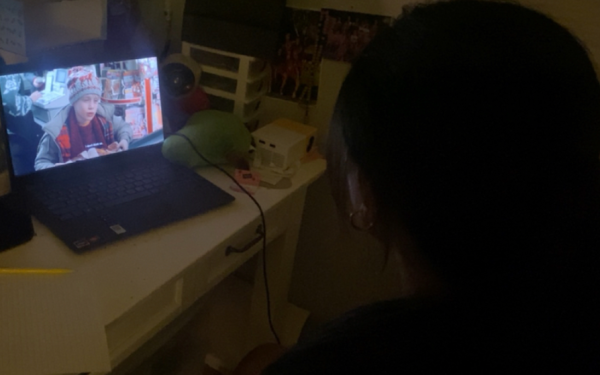O Romeo, Romeo! Wherefore art thou good directing?
“For never was a story of more woe than this of Juliet and her Romeo” -William Shakespeare said.
Romeo and Juliet, originally written by William Shakespeare in 1594, has now become a movie three times. It was first made a movie in 1968 by Franco Zeffirelli who set the film in the era the play had originally been performed. In 1996, director Baz Luhrmann put a modern twist on the play.
Director Carlo Carlei, has now taken on the challenge of making the play come to life on the big screen yet again. Although the movie had some visually impressive elements the overall story was not delivered well.
The movie started out showing a good representation of the late 1500s, by creating great scenery which included large castles, beautiful gardens and a traditional 1590s party. However, soon after the opening scene, and the meeting of the two star crossed lovers, the movie seemed to take a fall for the worst.
One of the most famous scenes from the play, when Juliet calls from her balcony, “ O Romeo, Romeo! Wherefore art thou Romeo?” did not portray itself as a calling for a loved one, but more of a whisper to the audience’s disappointment.
Throughout the rest of the movie viewers were able to see gorgeous costumes and buildings, unfortunately though when all put together it felt like it was lacking the substance and enchantment that Romeo and Juliet movies have embodied before.
“Although it was in the old Shakespearean style and it was the same script as the others it still lacked quality and felt much more unrealistic,” senior Erin Herting said. “The way it was presented was also a lot less professional, it was definitely more of a directing problem than anything else.”
To the very end of the movie there was a sense of unprofessionalism and underdevelopment of characters. The movie left the audience feeling unimpressed and dissatisfied.
“ I felt unfulfilled leaving the movie, even though the imagery, and the costumes were good, the bad acting and bad directing took away from it.” Herting said. “If they had taken it in a new direction that would have been cool, but since they kept it in the restriction of the Shakespearean time, they weren’t able to do that much with it.









